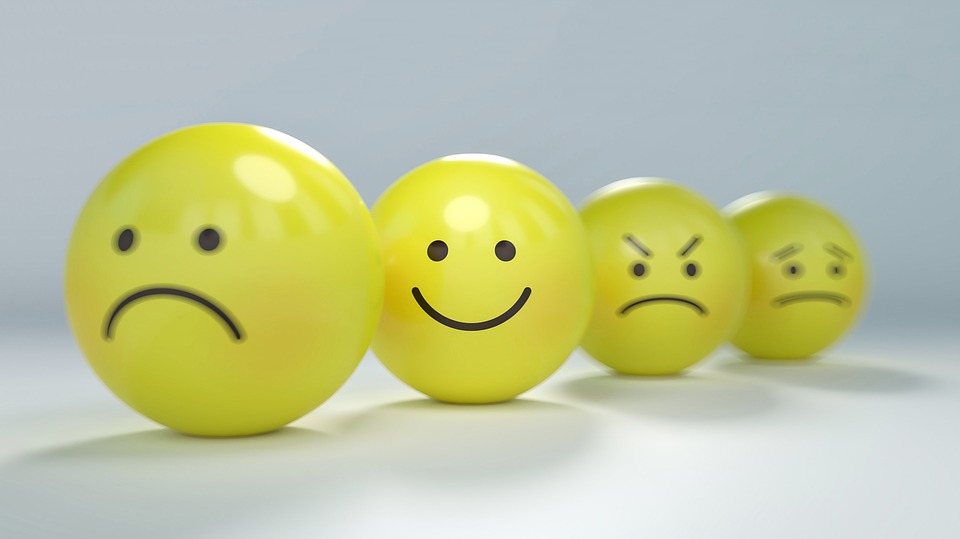Not getting adequate sleep, even if it’s just by a few hours per night, can result in heightened anger, especially in annoying or frustrating scenarios. There were hints from earlier studies about a link between sleep and anger, but it was ambiguous whether the lack of sleep was causing anger or if being angry was disrupting sleep. The research conducted by Iowa State University emerges as one of the first pieces of evidence showing that a shortage of sleep directly increases feelings of anger. The study was led by Zlatan Krizan, a professor of psychology at Iowa State, and its results were published in the Journal of Experimental Psychology.
It is completely normal to get irritated by frustrating conditions. Also, over time, every person gets somewhat used to these conditions (such as a barking dog). However, the study shows that sleep-deprived individuals show increased anger and distress when found in frustrating situations. In a way, instead of adapting to the situation, over time, their ability to deal with the unpleasant conditions is reversed.

The participants of the study were split into two groups. One group maintained their usual sleep routine, and the other one had to restrict their sleep by 2 to 4 hours for two nights. The group who continued their normal sleep routine got seven hours of sleep a night, and the second group got only four and a half hours per night. An interesting fact is that this difference reflects the amount of sleep we lose in everyday life.
In order to measure anger, scientists asked participants to rate different products while listening to brown noise or more aversive white noise before and after sleep manipulation. The brown noise sounds like spraying water and white noise sounds like a static signal. The purpose of listening to these signals is to create uncomfortable conditions and provoke anger. The findings suggest that anger was significantly higher in those who were sleep deprived.
Sleep Effect Unique to Anger
Scientists know that sleep deprivation enhances negative emotions, especially anxiety and sadness. It also decreases positive emotions, such as happiness and enthusiasm. The findings will help to understand the connection between sleep, anger, and emotions better. The results also show that sleep affects anger in a unique way, and doesn’t make a person negative only at that moment. An individual sense of someone’s sleepiness can also indicate whether or not they will become more angered in an unpleasant situation.
Future Work
Dr. Krizan and his team are working on another study that analyzes data from two hundred college students who had a task to keep a sleep diary for 30 days. The students recorded their sleep and also rated feelings of anger. The results show that students who report more anger got less sleep than usual. Further research aims to identify whether sleep loss causes aggressive behavior toward others.
Sleep Related
Let us know if you liked the post. That’s the only way we can improve.
Co-founder of Counting Sheep and Sleepaholic
